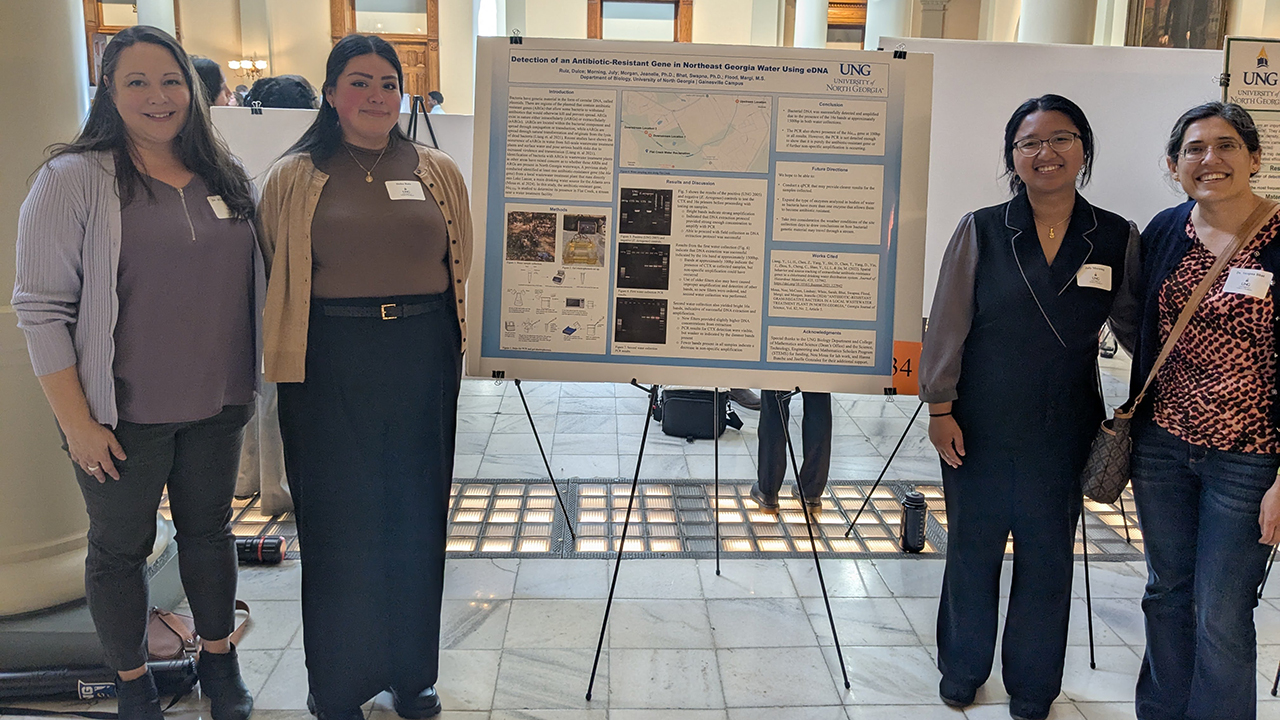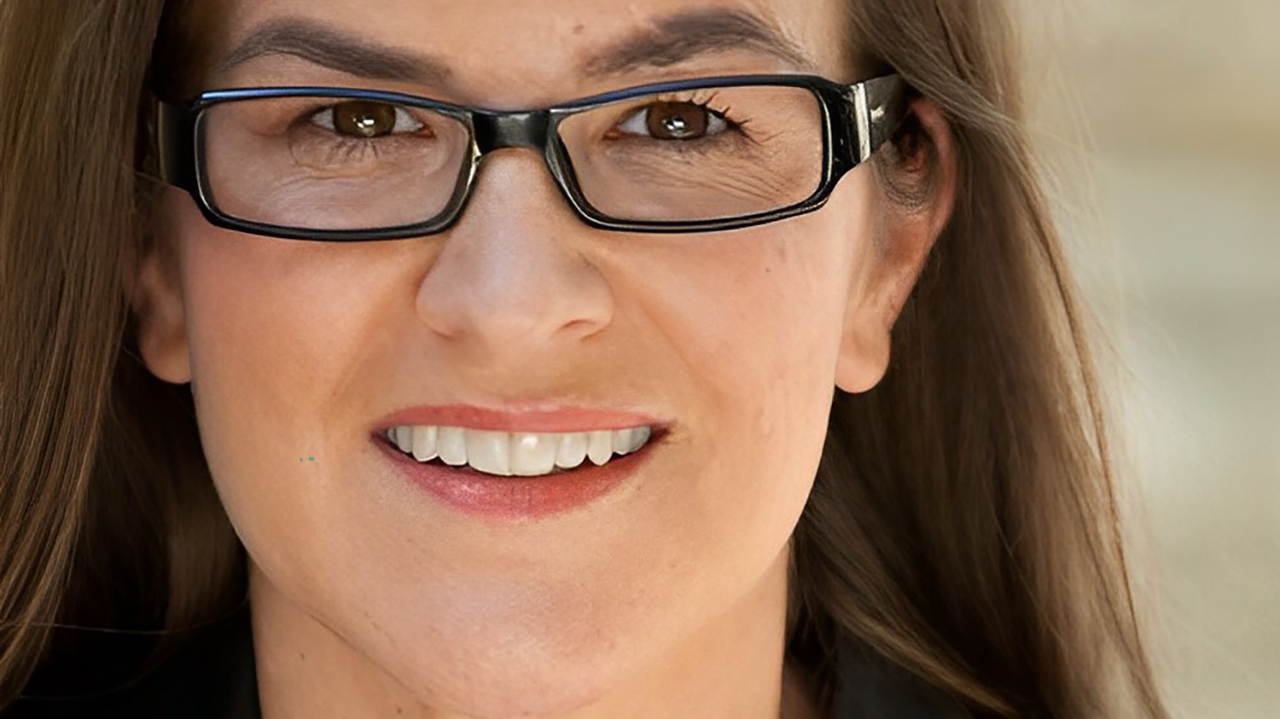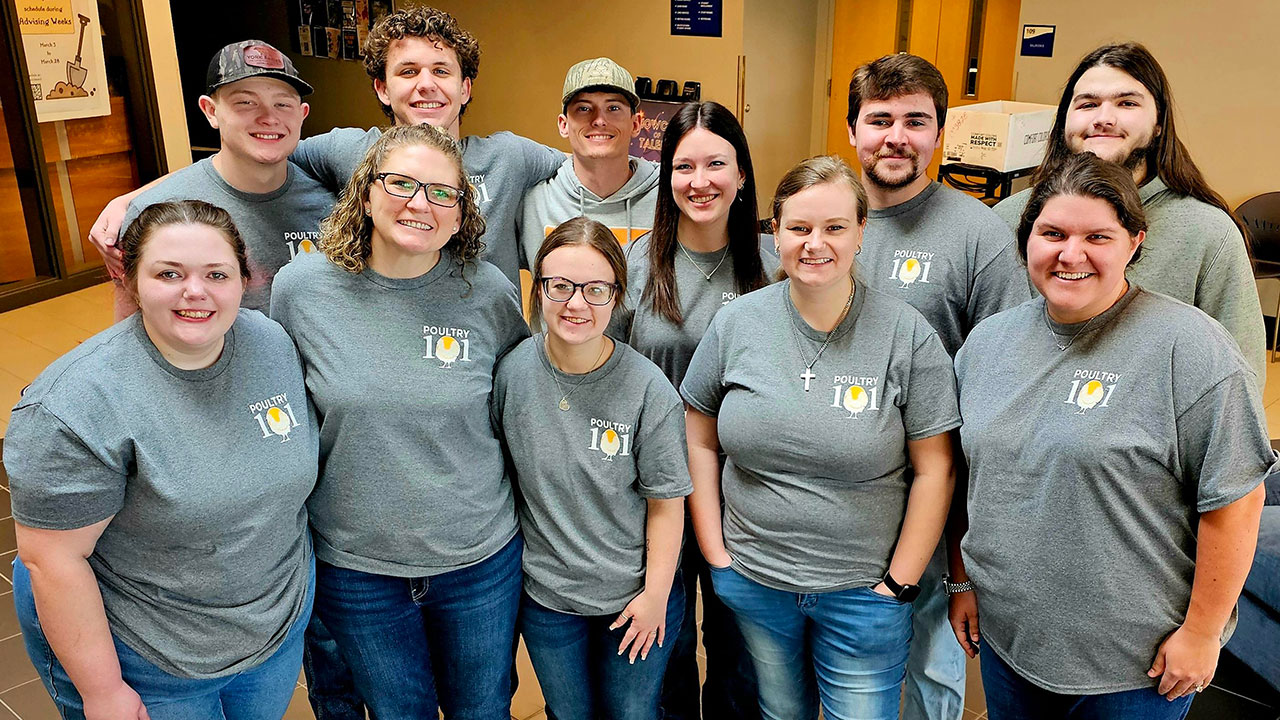UNG professor honored with prestigious teaching award from the USG

Article By: Staff
University of North Georgia (UNG) biology professor Miriam Segura-Totten was selected as one of the 2017 recipients of the University System of Georgia's (USG) most prestigious teaching award, the Regent's Award for Excellence in Teaching.
Segura-Totten was selected unanimously by the review committee based on her commitment to not only teach students but to nurture "engaged citizens."
"The committee felt her commitment was demonstrated in her creative assignments designed to promote critical thinking, and to contextualize science for non-science majors. They also noted a focus on retention of underrepresented students in STEM, history of scholarly approach to teaching, and editorship of an undergraduate research journal as confirmation of her dedication," wrote Dr. Robert E. Anderson, interim executive vice chancellor and chief academic officer for the Board of Regents of the USG.
Created in 1996, the Regents' Awards program recognizes the finest among the USG full-time instructional faculty for their demonstrated educational excellence in teaching, online teaching and the scholarship of teaching and learning. Award recipients have a record of exceptional teaching and a strong commitment to impacting student learning, ultimately fostering the academic success of students.
"Dr. Segura-Totten's distinguished teaching career exemplifies the innovation, value and reach of her work as an educator. Her many contributions to teaching in and beyond the classroom demonstrate the high standards and student-centered nature that guides her," said Dr. Tom Ormond, provost and senior vice president for academic affairs at UNG.
Segura-Totten was also the recipient of UNG's annual Distinguished Teaching Award. Presented by UNG's Center for Teaching, Learning, and Leadership, the award recognizes exceptional accomplishments and contributions in teaching over the course of a distinguished career and is the highest honor UNG bestows.
"As an educator, I have the opportunity to make a positive and lasting impact on students' lives. When I step into the classroom, I remind myself that my job is to teach, support, encourage, and hopefully, inspire," said Segura-Totten, who joined UNG in 2009.
Born and raised in Puerto Rico, Segura-Totten is fluent in both English and Spanish. She came to the U.S. to attend college and has since lived in several states on the east coast, as well as having traveled to Latin America and Europe. She earned a bachelor's degree in molecular biology from Princeton University and a doctorate in biochemistry, cell and molecular biology from The Johns Hopkins University School of Medicine.
This marks the 21st year the USG has identified and honored faculty for outstanding teaching and service to students, colleagues and the system. Segura-Totten will be officially recognized at the annual Regent's Scholarship Gala on March 31, where she will be honored in front of more than 600 guests who include regents, college presidents and faculty members across the USG.



